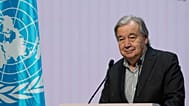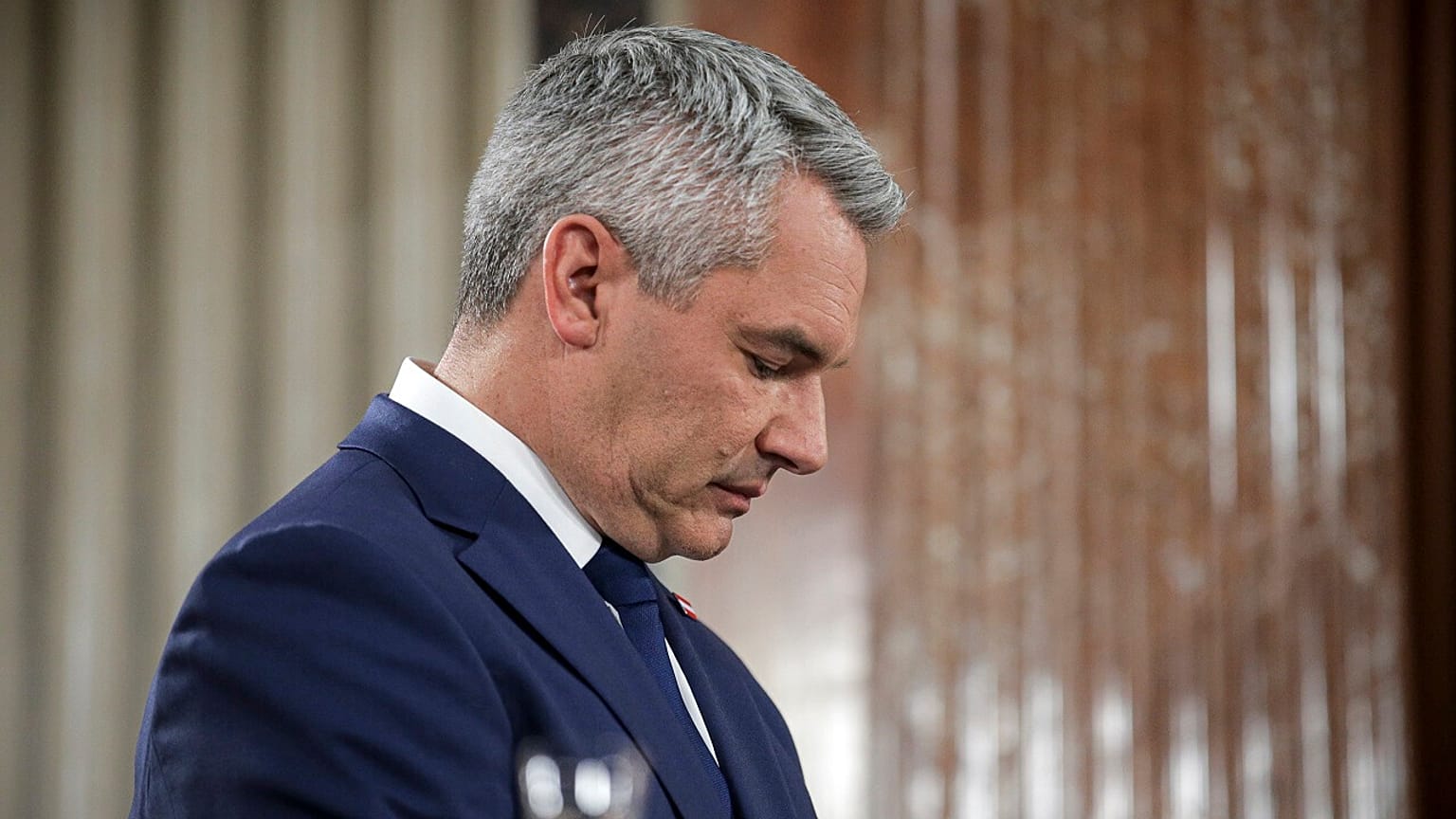After several rounds of exploratory talks, Chancellor Karl Nehammer announced the preliminary decision to form a coalition between three parties - ÖVP, SPÖ and NEOS.
A preliminary decision was made on Monday for a governing coalition in Austria on Monday — one that will exclude the far-right Freedom Party (FPÖ).
Although the FPÖ won the national election in September with around 29% of the vote, Federal President Alexander Van der Bellen gave the runner-up, Federal Chancellor Karl Nehammer of the centre-right People's Party (ÖVP), the mandate to form a government as no party was willing to work together with the FPÖ and its party head Herbert Kickl.
After several rounds of exploratory talks, Nehammer announced a proposed coalition with the Social Democrats (SPÖ) and Liberals (NEOS). It would be the first time Austria forms a three-party coalition.
"At the same time, I would like to make it clear that we have not yet reached the goal of a coalition or a joint government programme," Nehammer said, adding that "we are now entering deep government negotiations that touch on many detailed areas. The outcome of these negotiations is still open."
"I am cautiously optimistic that the three of us will succeed, that together we will all be prepared to jump over our own shadows, and not reflexively reject new ideas and solutions, but work constructively with them and come up with viable and sensible solutions together," said SPÖ head Andreas Babler.
As the far-right gains traction across Europe, several countries have made moves to block them from power.
In Germany, the AfD won regional elections in Thuringia earlier this year, but other parties also refused to engage with them. Meanwhile, a left-wing alliance in France prevented Marine Le Pen’s Rassemblement National from scoring an election victory in July.
In the Netherlands, Geert Wilders' Freedom Party (PVV) won the most votes in last year's national elections, and is part of the current four-party coalition, but isn't part of the executive himself. The country instead chose a "party-less" prime minister, Dick Schoof, to lead the Dutch government.















